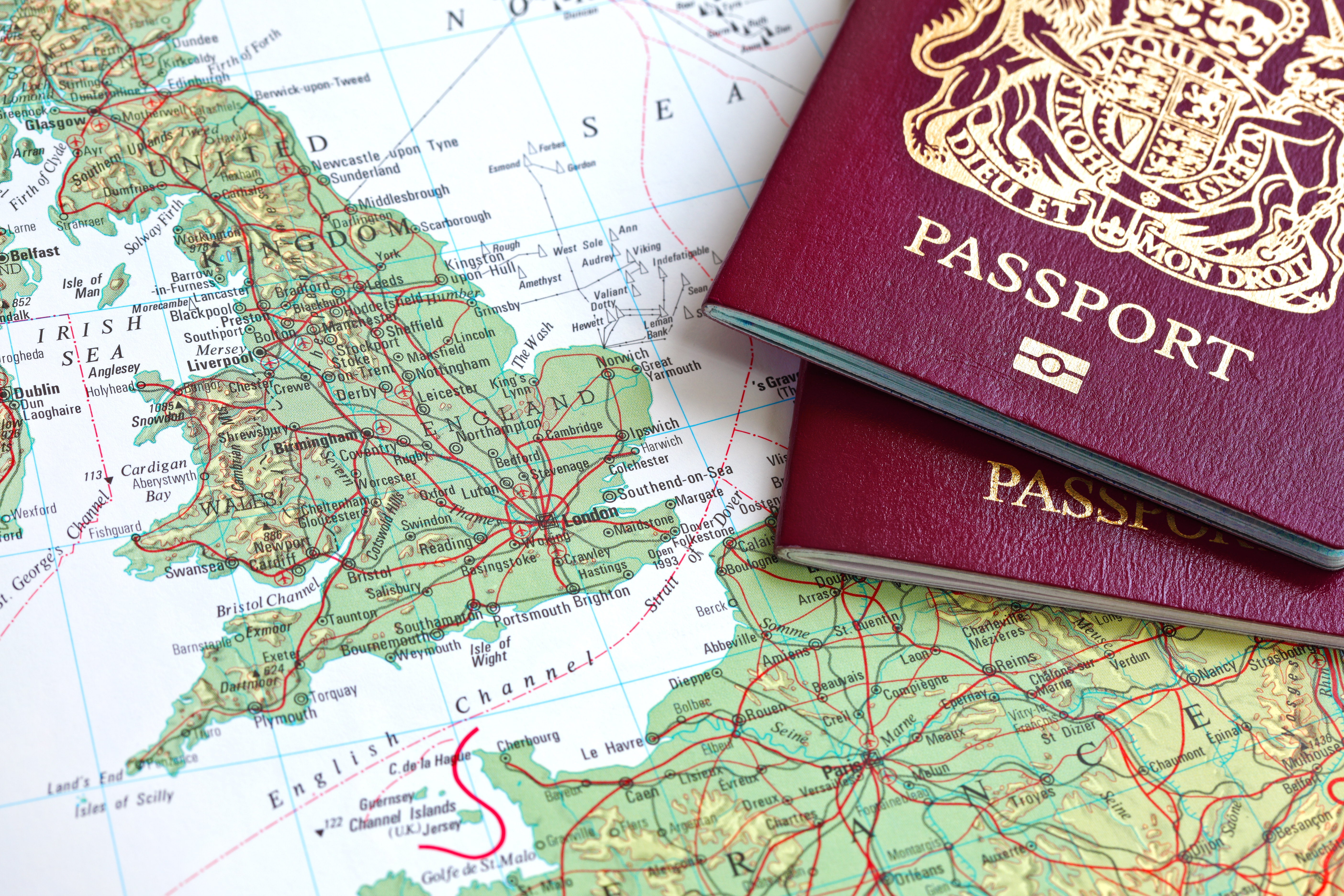More freight facilities needed to prevent repeated motorway closures
Long delays suffered by holiday makers and hauliers at the Port of Dover over the past few days are only the latest in a long list of disruption seen over many years.
The current chaos is reported as having been caused by an increase of paperwork post-Brexit and a lack of French border staff.
The delays have led to congestion on surrounding roads and meant the closure of part of the M20 motorway to hold freight vehicles which cannot reach the Channel crossing.
Steve Gooding, director of the RAC Foundation, said:
“It would be a mistake to think the chaos we have seen around Dover and across East Kent this weekend is new and novel. These tailback problems have been around for decades and are stark evidence of how fragile our continental links across the Channel can be.
“Even when the new post-Brexit customs regime has bedded down ferry services can still fall prey to foul weather and industrial action.
“Successive governments have failed to grasp the nettle and invest in the scale of extra lorry parking – with facilities for drivers – instead relying on the inadequate solution of turning a motorway into a lorry park, with the consequent massive disruption that brings to the surrounding area.
“It’s high time we replaced the sticking plaster with a resilient solution worthy of the name.
“The irony is that even while Eurotunnel train services have been running smoothly customers are struggling to reach the terminal because of jammed up local roads caused by the chaos at Dover.”
Back in April 2022 there was severe disruption Dover caused by a “perfect storm” of bad weather, Easter travel demand and problems with P&O Ferries’ services.
The 2020 Christmas period saw miles and miles of stationary lorry traffic in the run up to the end of the post-Brexit transition period on 31 December 2020.
In 2015 Eurotunnel services were badly impacted by migrant activity. Over the course of the year parts of the M20 were closed on 32 different days. As a result of this the Department for Transport consulted on building a massive lorry park at Stanford near junction 11 but the idea was later dropped.
The management scheme used to control freight entry to both Dover and Eurotunnel when there are delays is called Operation Brock – a successor to Operation Stack which was first introduced in 1988 in response to a strike by the National Union of Seamen – part of which involves the deployment of a concrete barrier between junctions 8 and 9 of the M20 to allow lorries to park on the coastbound carriageway and other traffic to enter a contraflow system on the London-bound carriageway.
ENDS
Contact:
Philip Gomm – Head of External Communications – RAC Foundation
[email protected] | 07711 776448
Notes to editors:
The RAC Foundation is a transport policy and research organisation that explores the economic, mobility, safety and environmental issues relating to roads and their users.
The Foundation publishes independent and authoritative research with which it promotes informed debate and advocates policy in the interest of the responsible motorist. All the Foundation’s work is available at: www.racfoundation.org


